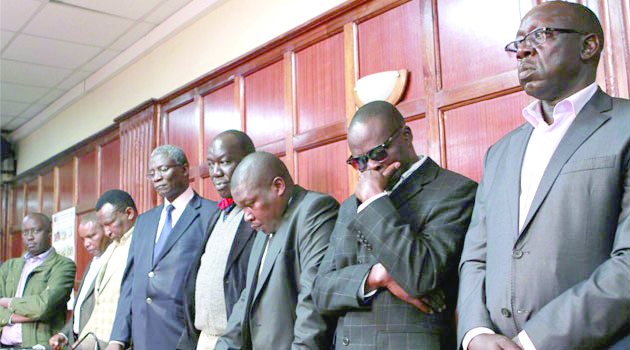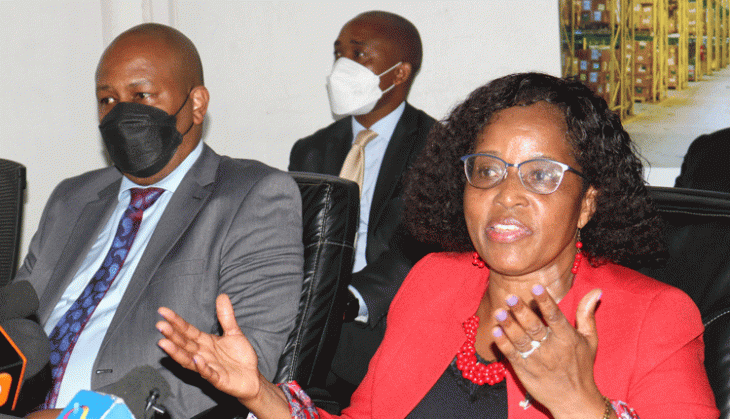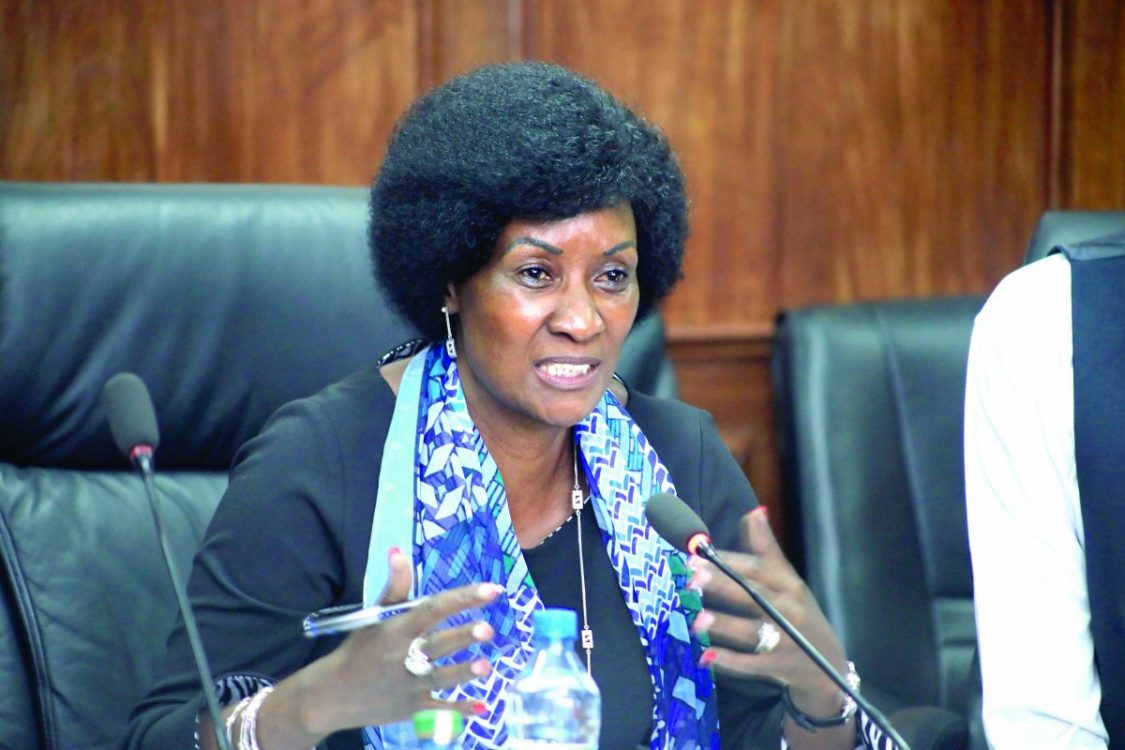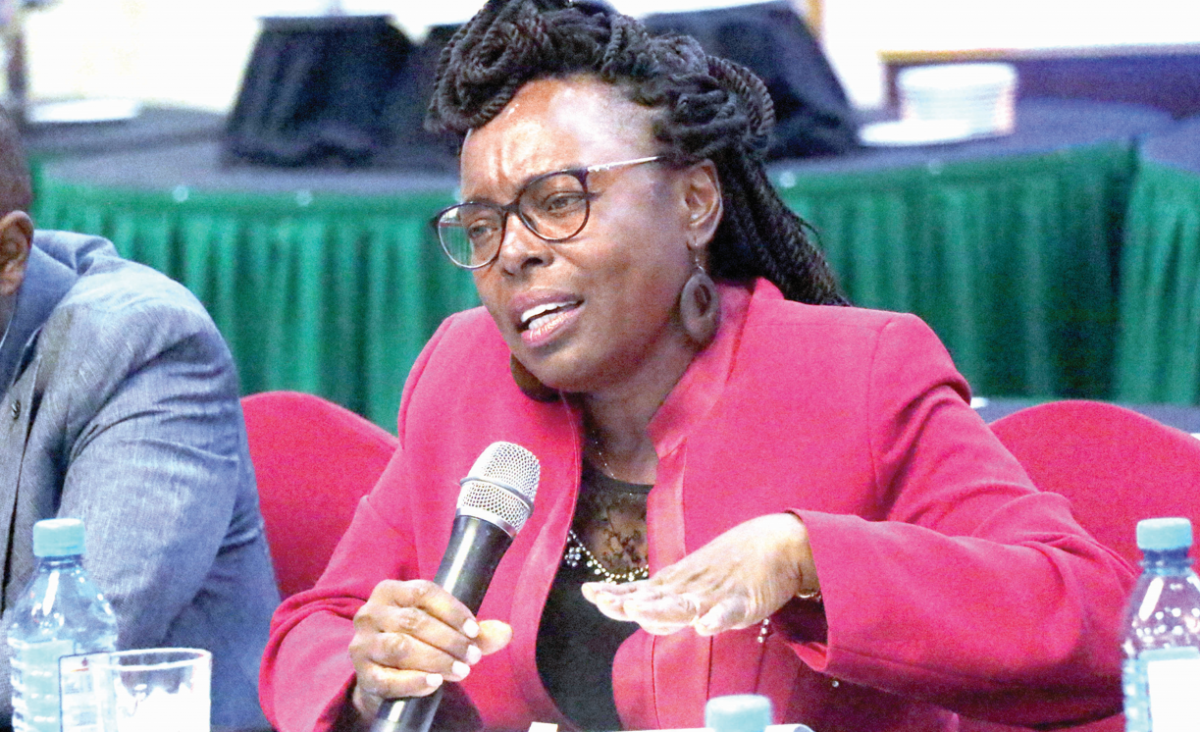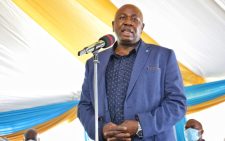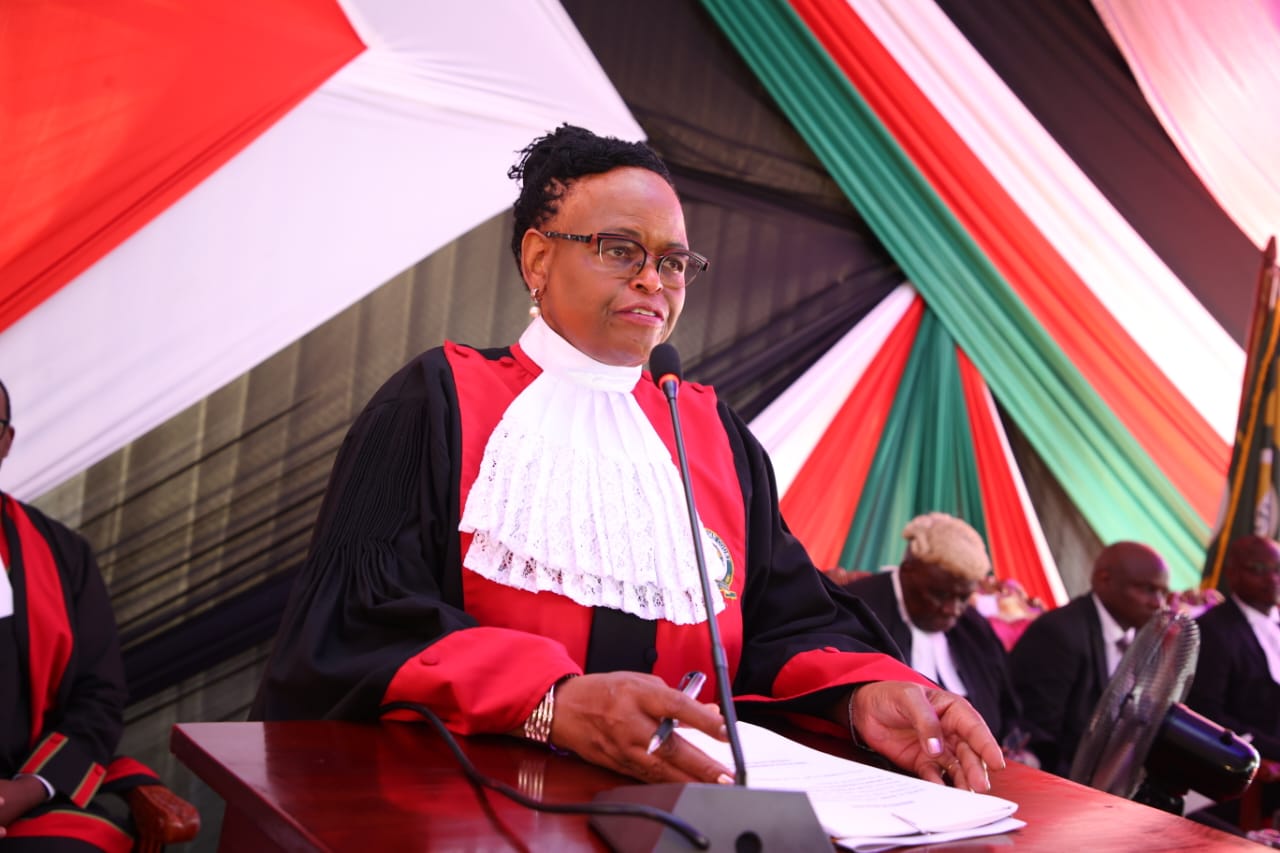NYS scandal III? Shock of Ksh10b suspicious bills

Another mega scandal could be in the making at the National Youth Service (NYS) following revelations that pending bills worth Sh10 billion cannot be verified.
A report of the Budget and Appropriations Committee of the National Assembly on the estimates of revenue and expenditure for the 2022/23 financial year states that a verification exercise had revealed the bills cannot be authenticated.
It has emerged that a majority of the supplies could not be authenticated and were either not delivered or unqualified items were distributed instead.
Payments to suppliers were stopped in 2015 following the NYS scandal I and II in which nearly Sh2 billion was lost through fictitious procurement.
The suppliers and contractors were engaged to supply goods and services from 2013 to 2018.
Cabinet approval
In 2019, suppliers petitioned the Senate to intervene to pay them paid Sh7.2 billion owned by the NYS.
The committee observed that a multi-agency team was formed to verify pending bills for NYS which amounted to Sh15.5 billion out which the Cabinet approved Sh5.4 billion.
The committee which is chaired by Kieni MP Kanini Kega, further noted that during the Supplementary Budget I NYS was allocated Sh1 billion to pay pending bills and an additional Sh2 billion in 2022/23 financial year hence leaving a balance of Sh2.3 billion.
The departmental committee on Labour of the National Assembly which has been also been verifying the bills has established that a majority of them cannot be authenticated.
When the committee which is chaired by Mwea MP Kabinga Wachira summoned Labour Principal Secretary Nelson Marwa and NYS Director-General Matilda Sakwa, neither of them could explain why some of the bills had issues.
Explosive report
Kabinga yesterday said he will be tabling a comprehensive report on the matter on Thursday next week.
“It is true that out of the Sh15 billion pending bills, Sh5 billion has been paid while bills worth Sh10 billion are yet to be verified. I will be giving a comprehensive report on the matter in a week’s time,” said Kabinga.
Another member of the committee, David Sankok (Nominated) said the revelations on the audit will shock the country.
“I can promise that the report will shock many, it’s an explosive one,” said Sankok.
The Budget Committee also observed that NYS has the capacity to generate Appropriation in Aid (A-I-A) of Sh533 million from the sale of farm produce such as fruits, vegetables, maize, rice, milk and the provision of security services.
“The service cannot also make money from the hire of vehicles, machinery, and equipment and stitching of garments and therefore there is need to allocate the service Sh2.5 billion as seed money for commercialisation,” the committee noted.
Suppliers and contractors who rendered services to NYS at the height of the Sh791 million scandal had petitioned Parliament to push for their pending payments.
Reforms initiated by Public Service and Youth Cabinet Secretary Margret Kobia led to a freeze in paying the pending bills amounting to Sh5.6 billion for supplies delivered to the NYS.
The freeze in payments saw suppliers undergo fresh prequalification as the government moved to seal loopholes.
During the verification exercise it was established that funds were stolen through fictitious invoices and multiple payments.
The multi-agency team comprised officers from the National Treasury, the Directorate of Criminal Investigations (DCI), the Ethics and Anti-Corruption Commission (EACC) and the Attorney General’s office.
NYS scam II
To date, the suppliers said they have not received payments despite the agency team concluding its work and handing over a report recommending that the NYS and the Treasury pay cleared bills.
NYS also carried out an internal audit at the height of the scandal in 2015 that established that pending claims stood at Sh8 billion.
The audit was carried out by a “pending bills committee” which recommended that departmental committees should meet “and produce minutes and respective payment vouchers to enable processing of payments.”
In 2018, yet another scandal rocked the service where an estimated Sh10 billion is believed to have been lost.
Those named in the scam included senior government officials who colluded with other people to steal the money.
Some are said to have used proxies to register companies that were used to siphon millions of shillings having supplied nothing or offered no services.
The money was paid out soon after the last scandal which cost the organisation Sh1.6 billion when Kirinyaga Governor Anne Waiguru was the Devolution CS.
Some of the firms paid in the new scandal were also involved in the first one and are reported to have lodged claims, which were classified as pending bills.
The second scandal took place during the reign of CS Sicily Kariuki who demanded an audit after the revelations were made.
However, it emerged that as soon as Kariuki gave an okay for the genuine ones to be paid, all other fictitious companies were clandestinely paid.
In 2016, a special audit by the Auditor General established that the biggest beneficiary of the scandal was Josephine Kabura Irungu, who received Sh1.3 billion on account of 11 companies.
She was also meant to benefit from the attempted theft of Sh695 million.
About Sh791.4 million was illegally paid for the construction of the 3.5km Kibera Road, yet there were no works included in the procurement plan for the 2014/2015 fiscal year.

